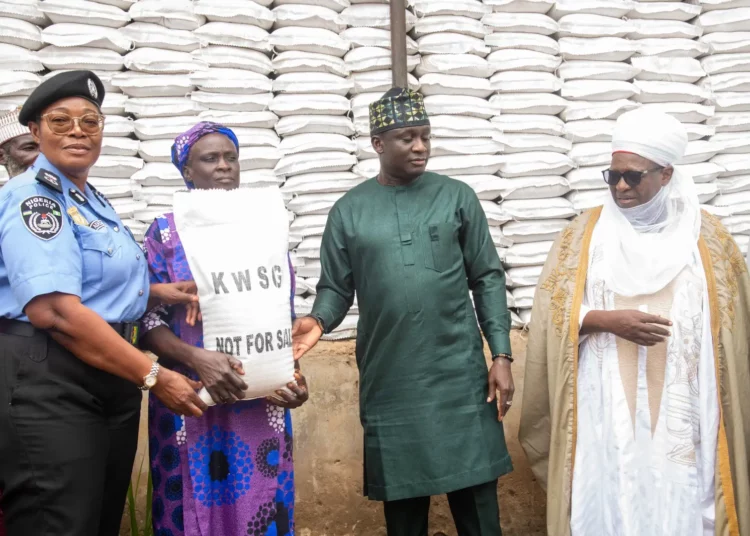In its assessment report, BudgIT, a civic organisation, has said the Kwara State government’s palliative interventions have reached 78 percent of the targeted beneficiaries across the state.
“Assessing the impact of palliative interventions of Kwara State government, 78 percent of respondents believed that the state government intervention positively contributed to their food security, citing the temporary relief it provided when the rice was available,” BudgIT said in its latest report.
“The findings suggest that middle-aged individuals (41- 50 years) were the prevalent beneficiaries of food relief intervention. This indicates a potential focus demographic for future interventions. The household size varied, with a significant portion of respondents belonging to medium-sized households (4-6 members).”
The study also highlighted the presence of larger households, which may require additional support, saying the prevalent employment status among respondents was self-employment.
“This suggests the need for targeted support for informal workers during food relief interventions,” it added.
“An overwhelming majority of the beneficiaries commended the government,” the report said.
BudgIT recalled that the state government had inaugurated a palliative distribution committee led by former Commissioner of Police Ebunoluwa Rotimi Adelesi on Tuesday, August 22, 2023, to supervise the distribution of 250,000 10kg bags of rice to the most vulnerable households across the 16 LGAs in the state.
“To facilitate the food palliative distribution process, the committee enlisted the support of additional civil society organisations (CSOs/NGOs) operating within the state to assist in monitoring the distribution exercise. Eighteen CSOs were selected to participate in this exercise,” the report stated.
“To ensure inclusivity and wider penetration, the committee included a new method not used during the pandemic for distribution. They engaged pressure groups, trade associations, community-based associations, and social clubs to nominate beneficiaries within their respective communities.
“The directives from the state governor were that all diverse groups from each community must be represented, and the bags of rice (10kg each) must not be divided among community members; one bag must be allocated per household,” BudgIT said.





